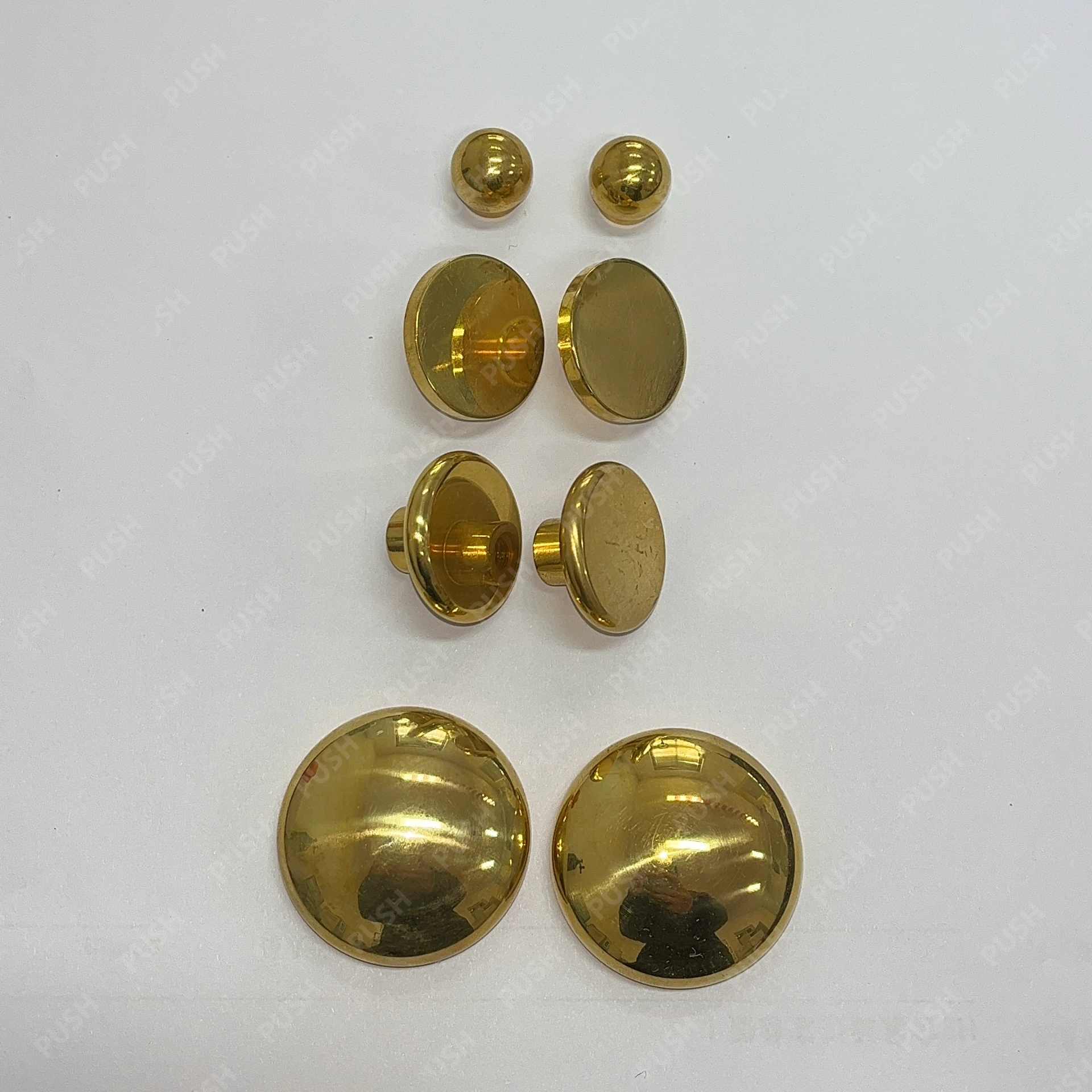TEL:
+86-0312-3189593
 English
English

Telephone:0312-3189593

Email:sales@oil-tester.com

-
 Afrikaans
Afrikaans -
 Albanian
Albanian -
 Amharic
Amharic -
 Arabic
Arabic -
 Armenian
Armenian -
 Azerbaijani
Azerbaijani -
 Basque
Basque -
 Belarusian
Belarusian -
 Bengali
Bengali -
 Bosnian
Bosnian -
 Bulgarian
Bulgarian -
 Catalan
Catalan -
 Cebuano
Cebuano -
 China
China -
 China (Taiwan)
China (Taiwan) -
 Corsican
Corsican -
 Croatian
Croatian -
 Czech
Czech -
 Danish
Danish -
 Dutch
Dutch -
 English
English -
 Esperanto
Esperanto -
 Estonian
Estonian -
 Finnish
Finnish -
 French
French -
 Frisian
Frisian -
 Galician
Galician -
 Georgian
Georgian -
 German
German -
 Greek
Greek -
 Gujarati
Gujarati -
 Haitian Creole
Haitian Creole -
 hausa
hausa -
 hawaiian
hawaiian -
 Hebrew
Hebrew -
 Hindi
Hindi -
 Miao
Miao -
 Hungarian
Hungarian -
 Icelandic
Icelandic -
 igbo
igbo -
 Indonesian
Indonesian -
 irish
irish -
 Italian
Italian -
 Japanese
Japanese -
 Javanese
Javanese -
 Kannada
Kannada -
 kazakh
kazakh -
 Khmer
Khmer -
 Rwandese
Rwandese -
 Korean
Korean -
 Kurdish
Kurdish -
 Kyrgyz
Kyrgyz -
 Lao
Lao -
 Latin
Latin -
 Latvian
Latvian -
 Lithuanian
Lithuanian -
 Luxembourgish
Luxembourgish -
 Macedonian
Macedonian -
 Malgashi
Malgashi -
 Malay
Malay -
 Malayalam
Malayalam -
 Maltese
Maltese -
 Maori
Maori -
 Marathi
Marathi -
 Mongolian
Mongolian -
 Myanmar
Myanmar -
 Nepali
Nepali -
 Norwegian
Norwegian -
 Norwegian
Norwegian -
 Occitan
Occitan -
 Pashto
Pashto -
 Persian
Persian -
 Polish
Polish -
 Portuguese
Portuguese -
 Punjabi
Punjabi -
 Romanian
Romanian -
 Russian
Russian -
 Samoan
Samoan -
 Scottish Gaelic
Scottish Gaelic -
 Serbian
Serbian -
 Sesotho
Sesotho -
 Shona
Shona -
 Sindhi
Sindhi -
 Sinhala
Sinhala -
 Slovak
Slovak -
 Slovenian
Slovenian -
 Somali
Somali -
 Spanish
Spanish -
 Sundanese
Sundanese -
 Swahili
Swahili -
 Swedish
Swedish -
 Tagalog
Tagalog -
 Tajik
Tajik -
 Tamil
Tamil -
 Tatar
Tatar -
 Telugu
Telugu -
 Thai
Thai -
 Turkish
Turkish -
 Turkmen
Turkmen -
 Ukrainian
Ukrainian -
 Urdu
Urdu -
 Uighur
Uighur -
 Uzbek
Uzbek -
 Vietnamese
Vietnamese -
 Welsh
Welsh -
 Bantu
Bantu -
 Yiddish
Yiddish -
 Yoruba
Yoruba -
 Zulu
Zulu
јан . 13, 2025 12:10
Back to list
commercial distilling equipment
Navigating the intricate world of commercial distilling equipment requires a fine balance between technical expertise and practical application. Whether you are an aspiring entrepreneur venturing into the distilling industry or an established distillery looking to upgrade, understanding the nuances of commercial distilling equipment can profoundly impact your production efficiency and product quality.
Investing in auxiliary equipment such as condensers, pumps, and temperature controllers can drastically improve operational efficiency. Condensers play a pivotal role in the distillation process, cooling the vapor back into liquid form, thereby influencing the purity and flavor profiles of the final product. High-efficiency condensers can lead to significant energy savings and improved sustainability. For distilleries aiming to achieve a specific flavor profile, incorporating specialized equipment such as infusion tanks or flavoring columns can open new avenues in product development. This equipment allows for the introduction of botanicals, spices, or fruits, enabling the creation of unique and customizable spirits that stand out in the competitive market. Collaboration with experienced distillers and consultation with industry experts can provide invaluable insights into optimizing your production line. This collaborative approach ensures that your equipment selection not only aligns with your current objectives but also accommodates future expansions. In summary, the journey through the realm of commercial distilling equipment is one marked by careful consideration and informed decision-making. By prioritizing expertise, safety, and quality, distilleries can enhance their production capabilities, ensuring a consistent supply of high-quality spirits. The right equipment serves as the backbone of any successful distilling venture, providing the foundation for both creativity and innovation in the world of spirits.


Investing in auxiliary equipment such as condensers, pumps, and temperature controllers can drastically improve operational efficiency. Condensers play a pivotal role in the distillation process, cooling the vapor back into liquid form, thereby influencing the purity and flavor profiles of the final product. High-efficiency condensers can lead to significant energy savings and improved sustainability. For distilleries aiming to achieve a specific flavor profile, incorporating specialized equipment such as infusion tanks or flavoring columns can open new avenues in product development. This equipment allows for the introduction of botanicals, spices, or fruits, enabling the creation of unique and customizable spirits that stand out in the competitive market. Collaboration with experienced distillers and consultation with industry experts can provide invaluable insights into optimizing your production line. This collaborative approach ensures that your equipment selection not only aligns with your current objectives but also accommodates future expansions. In summary, the journey through the realm of commercial distilling equipment is one marked by careful consideration and informed decision-making. By prioritizing expertise, safety, and quality, distilleries can enhance their production capabilities, ensuring a consistent supply of high-quality spirits. The right equipment serves as the backbone of any successful distilling venture, providing the foundation for both creativity and innovation in the world of spirits.
Previous:
Next:
Latest news
-
Testing Equipment Industry Sees Major Advancements in 2025: Smart & Precision Technologies Lead the WayNewsJun.06,2025
-
Applications of Direct Current Generators in Renewable Energy SystemsNewsJun.05,2025
-
Hipot Tester Calibration and Accuracy GuidelinesNewsJun.05,2025
-
Digital Circuit Breaker Analyzer Features and BenefitsNewsJun.05,2025
-
Benefits of Real-Time Power Quality Monitoring Devices for Industrial EfficiencyNewsJun.05,2025
-
Earth Fault Loop Testing in High-Rise Building Electrical SystemsNewsJun.05,2025



